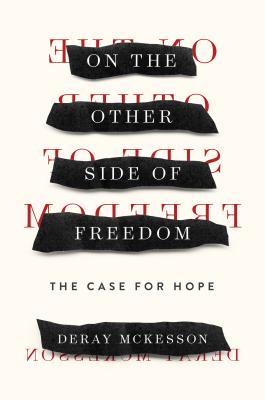What do you think?
Rate this book


212 pages, Hardcover
First published September 4, 2018
You never have to defend your rage. You have every right to be angry about the conditions that you were born into. You did not choose this fight; this fight chose you. That we ask for justice and not revenge is a testament to the souls of black folks--that we will not become the people we fight against. Do no let people demand your happiness either. All these things are yours--yours to decide how to put into the world on your own schedule.
The false distance of history aims to deceive us into believing that the trauma of racism and injustice is in our past.